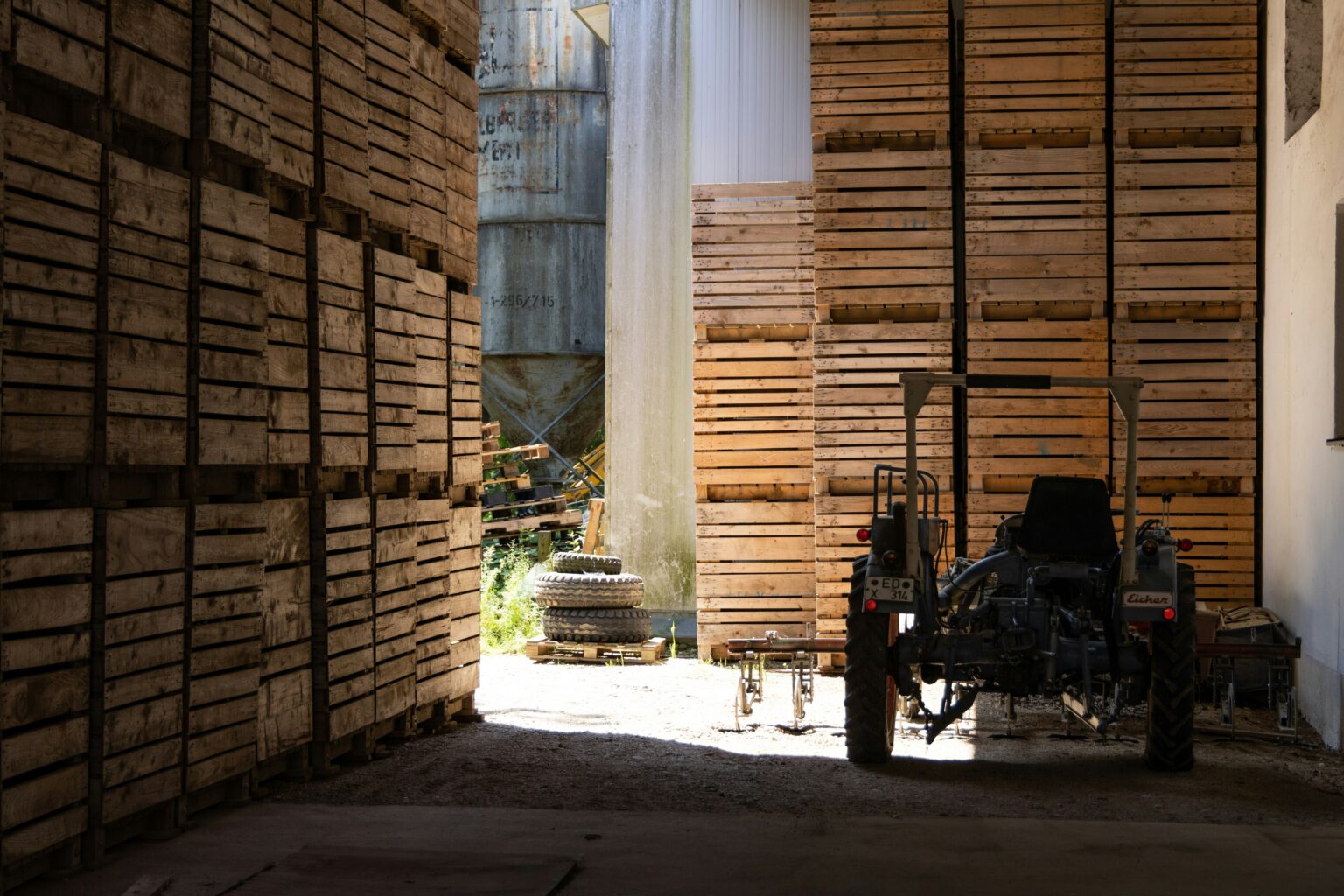Key Takeaways
- Custom pallets are designed to fit specific product dimensions, enhancing space utilization and lowering transportation costs.
- They enhance product protection by minimizing movement during transit, reducing damage.
- Incorporating sustainable materials in custom pallets supports environmental goals and can lead to cost savings.
- Technological advancements, such as IoT integration, are transforming pallets into smart tools for better supply chain management.
Modern supply chains require innovative and adaptable solutions that transcend the limitations of standard packaging and logistics. As industries scale across global and digital marketplaces, it becomes apparent that traditional, one-size-fits-all pallets often fall short in terms of shipping optimization, loss prevention, and alignment with ambitious sustainability goals. Forward-thinking businesses are embracing custom pallets as a strategic investment, discovering that these solutions not only cut costs and reduce waste but also set a new standard in operational agility. Custom pallet designs are vital for secure, cost-effective transportation aligned with supply chain needs. Modern designs enhance precision and adaptability, tackling space, safety, and sustainability challenges while using IoT for smarter tracking. We will explore how these pallets are transforming logistics and becoming essential for organizations of all sizes.
Optimizing Space Utilization
Maximizing space utilization—both in storage facilities and in transit—stands as one of the paramount benefits of adopting custom pallets. Standard-sized pallets often create excessive gaps and unused space around products, which results in inefficient stacking, wasted container area, and, ultimately, higher shipping costs. With custom pallets, every inch is engineered specifically for the product at hand, allowing for tight packing, stable stacking, and the ability to load significantly more goods per shipment. Effective pallet management is crucial in this process, ensuring optimal use of space and streamlined handling throughout the supply chain.
By utilizing customized dimensions and effective pallet management, businesses can transport more products per container or truck, thereby reducing the number of trips, fuel consumption, and emissions. Companies report up to 20% savings in transportation costs from better space utilization. This benefits large-scale or international shippers where every cubic meter matters. Custom pallets also improve warehouse organization, maximizing storage efficiency.
Enhancing Product Protection
Protecting goods during transit is vital for profit and trust. Custom pallets fit products precisely, reducing movement and damage. Standard pallets often leave excess space, increasing risks of scraping, tipping, or compression damage. Industries handling fragile, heavy, or valuable goods benefit most from tailored pallets. Case studies show these reduce shipping damage, product loss, and insurance claims. For instance, marble slab suppliers saw less breakage with made-to-fit pallets that evenly distributed weight. This protection saves money and boosts customer satisfaction by ensuring goods arrive undamaged, enhancing reputation, reducing returns, and meeting quality standards.
Incorporating Sustainable Materials
Sustainability now guides global supply chains, influencing decisions from sourcing to delivery. Custom pallets offer a chance to incorporate eco-friendly materials like recycled plastics, sustainably sourced wood, agricultural by-products, or biodegradable composites, lowering carbon footprints and landfill waste. These durable, reusable options cut costs and reduce environmental impact. Innovative manufacturers are creating custom designs from renewable sources, combining strength with eco-friendliness. Adding sustainable materials supports corporate environmental goals, meets consumer demand for environmentally friendly logistics, and prepares for stricter regulations. This approach future-proofs operations and boosts profitability through efficient, responsible practices.
Integrating Smart Technologies
The rapid digital transformation of supply chains includes custom pallets, which now incorporate IoT sensors to monitor, trace, and manage goods during logistics. These smart pallets feature GPS, temperature, humidity sensors, and shock indicators, providing crucial insights for sensitive shipments like food, pharmaceuticals, or electronics. Alerts prevent spoilage, theft, and delays by notifying stakeholders of mishandling or condition deviations. The data also supports predictive analytics for better inventory management and planning. This boosts transparency, responsiveness, and efficiency. With more data tools, businesses can respond quickly to disruptions, minimize losses, and optimize resources amid market changes. Smart Pallets: The IoT Revolution in Supply Chain Management.
Addressing Unique Shipping Needs
Traditional pallets often struggle with transporting shaped, oversized, or delicate items. Custom pallet design offers tailored solutions that address specific challenges like uneven weight, load instability, and special loading needs. These bespoke pallets enable safe, efficient transport of large machinery, medical devices, furniture, and retail displays. They streamline shipping, reduce manual labor, lower injury risks, and speed loading and unloading. This flexibility ensures products—no matter how specialized—reach destinations securely and quickly, vital for industries demanding reliability and precision. Investing in proper pallet design helps companies overcome logistics challenges and deliver consistent value to customers.
Enhancing Supply Chain Efficiency
Custom pallet designs not only streamline the movement of goods but also improve integration with advanced warehouse technologies and automated systems. Tailored pallets can be manufactured to suit specific storage infrastructure, such as automated storage and retrieval systems, robotic pickers, and customized conveyor layouts, which reduces operational disruptions and downtime caused by pallet mismatches or jams.
This synergy with automation is particularly valuable in high-throughput environments, where every second and motion matter. Research reveals that optimizing pallet compatibility with automation results in faster workflows, reduced labor costs, and substantial productivity gains. For businesses seeking to maintain a competitive edge, adopting a custom pallet design is a crucial lever in delivering consistent, high-quality service to customers while keeping operational costs under control.
Conclusion
In summary, custom pallet design is a crucial strategy for modern supply chains aiming to enhance efficiency, reduce costs, increase sustainability, and improve overall product safety. From maximizing storage capacity and safeguarding delicate shipments to supporting green initiatives and integrating cutting-edge digital technology, custom pallets enable businesses to adapt swiftly and confidently to ever-evolving logistics challenges. By embracing early innovation and bespoke solutions, supply chains establish a new foundation for resilience, profitability, and long-term competitive success.
